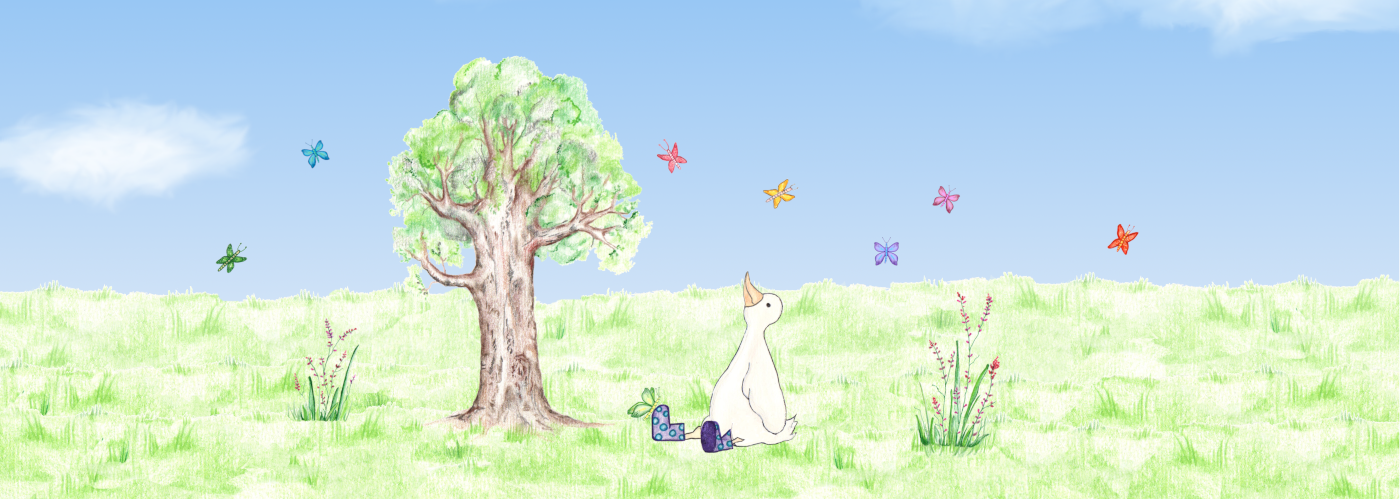Stage 1 of the adoption process is largely about checking that you’re “alright” to adopt. We had DBS checks done to show that we have no criminal convictions. Strangely, my husband’s check was completed a month quicker than mine, and my form turned up just as I was beginning to panic that perhaps there might be another Holly Marlow out there who was a criminal and might cause problems for me due to mistaken identity! Fortunately, that was just one of the many times when having to wait made me overthink!
Our social worker also checked our finances, looking at our bank statements and mortgage statement, details of all loans etc. We had to fill in forms that showed that we could financially provide for a child. She did a Health and Safety check of the house and asked us questions about the garage and car. The Health and Safety check was eye-opening. I expected her to check certain things – that medicines, knives and cleaning products were out of reach, that the fire alarms were functional, that the staircase spindles were a safe distance apart, so that a child couldn’t fall through them. I didn’t expect questions like this: “Do you keep dressing gowns on hooks on the back of doors?” Well, I did keep a dressing gown on the back of my bedroom door, but I don’t any more. How horrifying to think of how that could be a hazard to a child! It was also good for us to have to think about a fire exit strategy, which I must admit we hadn’t thought about yet, since moving into our new home.
We also had medical examinations. The point at which I finally thought “this is excessive” was when I had to submit a copy of my glasses prescription!
As well as the checks, stage 1 is also about references. The social worker wrote to our employers and asked for references, to confirm that we weren’t trouble-makers! They also wrote to two friends and my Mum, and asked them questions about our ability to adopt and how they felt we would approach adoption. The questions asked things like “do you think the couple would share with the child that they are adopted? How do you think they would cope with staying in contact with the birth family?” Fortunately, everyone who was interviewed had discussed adoption with us at length and knew that we feel strongly that any adopted child should know their lifestory and that it is important to a child’s identity to know as much about their birth parents as possible (in an age-appropriate way, of course).
One of the stranger parts of stage 1 is that the social worker has to spend a certain number of hours with you, to be able to say that they’ve spent that time with you and you seem like a reasonably good egg, who could handle the stresses of adopting a child. Ours brought paper copies of “homework” activities for us. This included questions that we had to answer about our motivations to adopt, key milestones that shaped our personalities, and creating a family tree and a diagram of our support network. Each time she visited, we looked at the paper document and then she explained that she would email it over. The first couple of times, I thought “just send through all the forms at once and let me blast through them, so we can do this quicker!” then it dawned on me that discussing the form was probably just an excuse to spend time with us, so that she could legitimately say that she had met with us several times and we seemed to have what it takes.
I enjoyed doing the homework activities. It was good to have something to DO. Each social worker visit completed, and each form returned, brought us one step closer to our baby.
